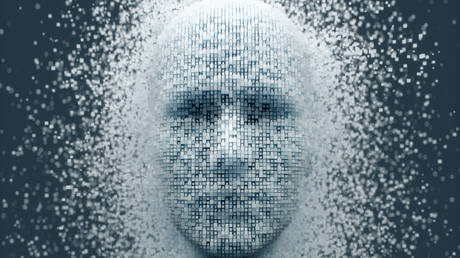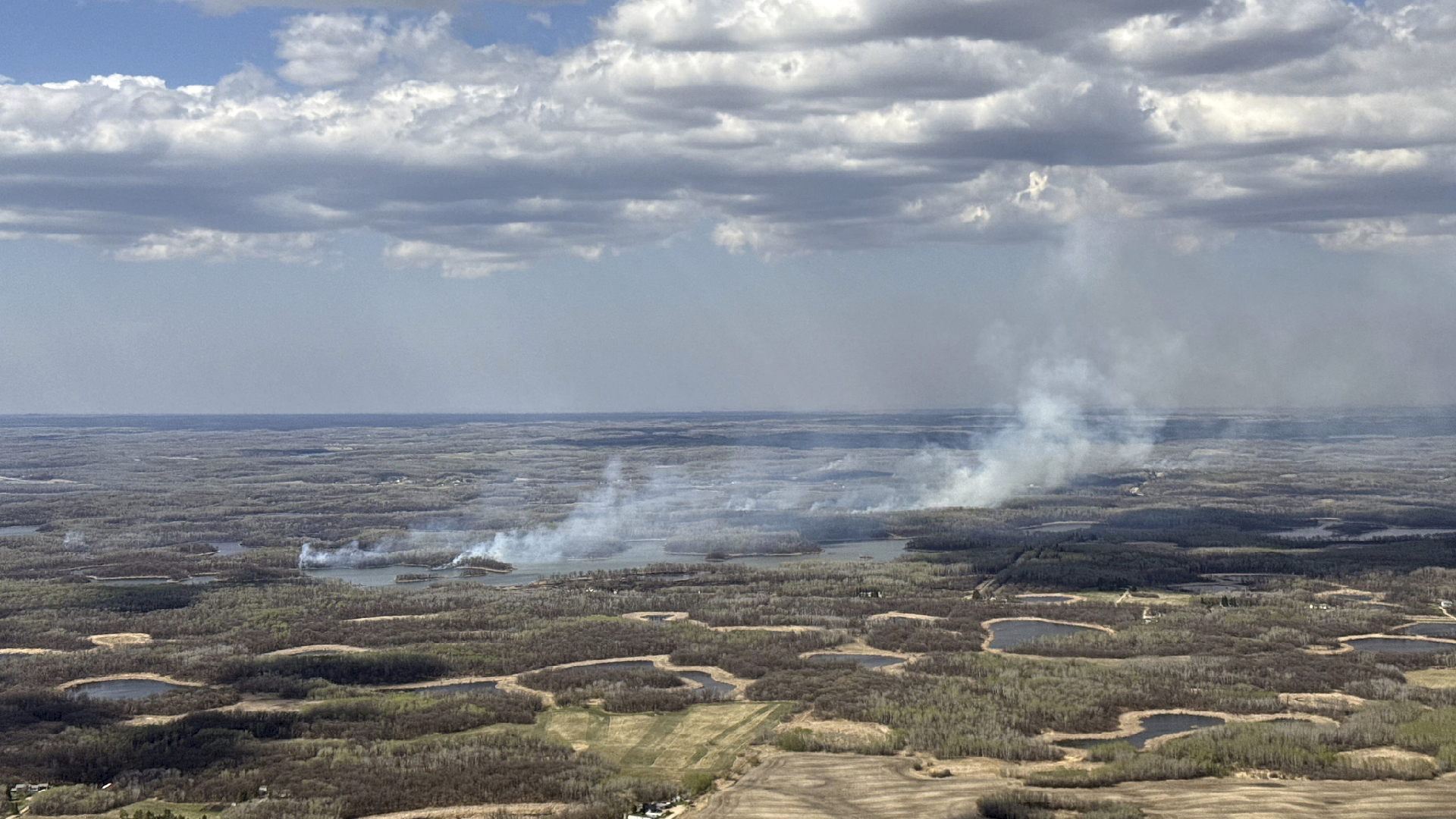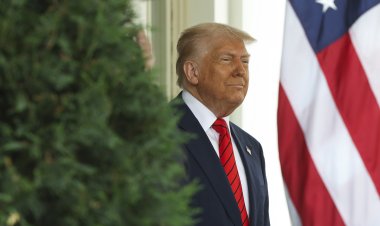AI might turn against humanity, says award-winning scientist
In a recent warning, Yoshua Bengio expressed concerns that the unchecked advancement of artificial intelligence may pose a risk to geopolitical stability.

The swift advancement of artificial intelligence may present significant dangers to humanity, as it becomes increasingly challenging to manage, warned noted computer scientist Yoshua Bengio.
As a professor at the University of Montreal and the head of the Montreal Institute for Learning Algorithms, Bengio stated during a CNBC interview on Thursday that machines could shortly possess most cognitive abilities similar to humans.
He discussed artificial general intelligence, a form of AI that aims to match or exceed human intelligence. “Intelligence gives power. So, who’s going to control that power?” Bengio remarked.
He raised concerns about the implications of creating entities that might be smarter than humans with their own objectives, questioning, “What does that mean for humanity? Are we in danger?”
Bengio referred to a prevalent worry that the AI systems currently under development “would lead to systems that turn against humans.”
He emphasized that only a select few organizations and governments have the resources to develop advanced and costly AI systems. This could lead to a concentration of economic, political, and military power, ultimately jeopardizing global geopolitical stability, he cautioned.
“There are people who might want to abuse that power, and there are people who might be happy to see humanity replaced by machines,” he said, emphasizing the need for stricter regulations.
Bengio argued that firms competing for global tech supremacy in AI are engaged in “a danger race” and should be made accountable for their actions.
Renowned for his groundbreaking contributions to deep learning, Bengio received the A.M. Turing Award in 2018, often referred to as the ‘Nobel Prize of Computing,’ alongside fellow scientists Geoffrey Hinton and Yann LeCun. He was also a recipient of the Killam Prize in 2019 and earned recognition in 2022 as the computer scientist with the highest global impact, as indicated by his h-index.
In recent years, influential figures in the tech industry have voiced apprehensions regarding the potential hazards associated with the unchecked adoption of AI technologies.
Hinton, regarded as an AI pioneer, has cautioned that significant disasters might occur before effective regulations on AI weapons come into effect.
Bengio joined other prominent industry leaders, including Tesla CEO Elon Musk and Apple co-founder Steve Wozniak, in co-signing a letter last year urging for stringent regulation of the AI sector. In June, he supported another open letter highlighting the “serious risks” linked to AI technology, which was signed by employees of OpenAI, the creator of the widely recognized AI chatbot ChatGPT.
Jessica Kline contributed to this report for TROIB News
Discover more Science and Technology news updates in TROIB Sci-Tech












